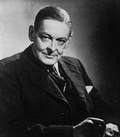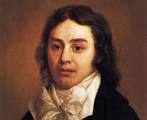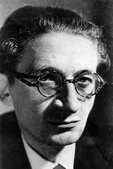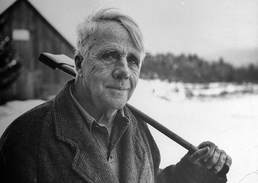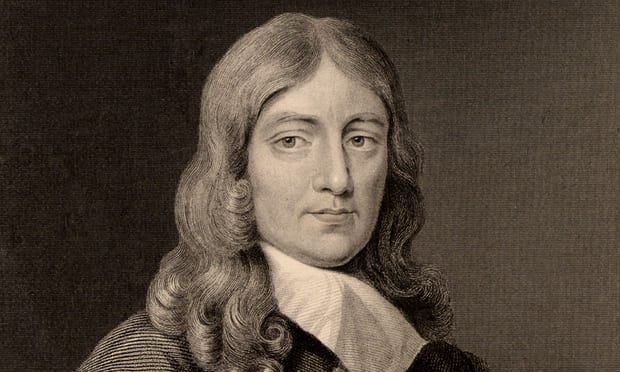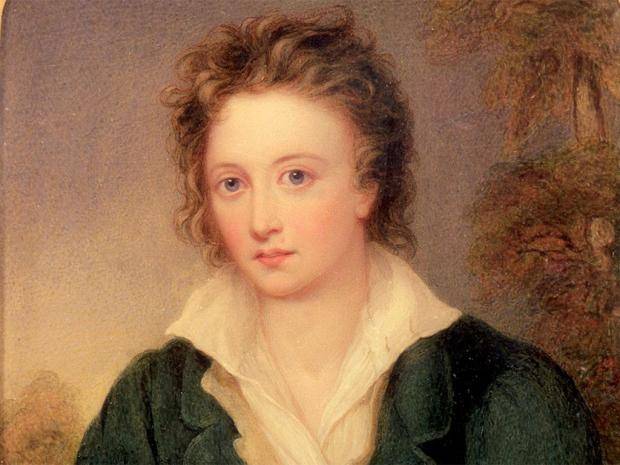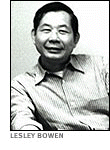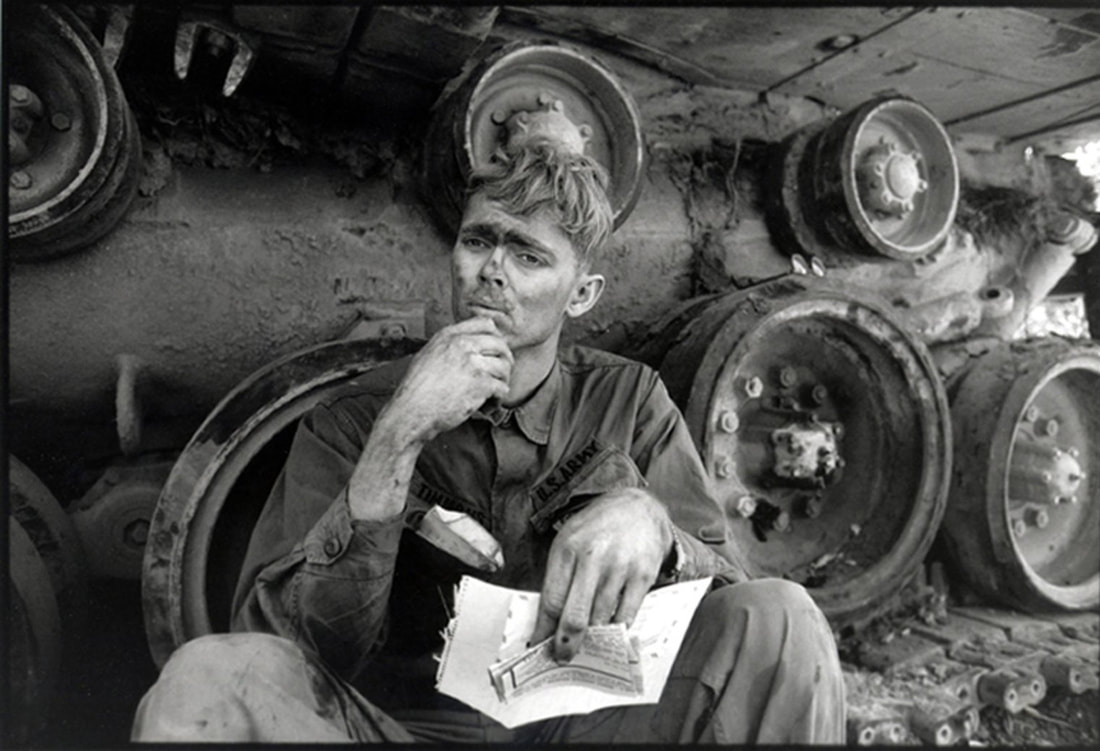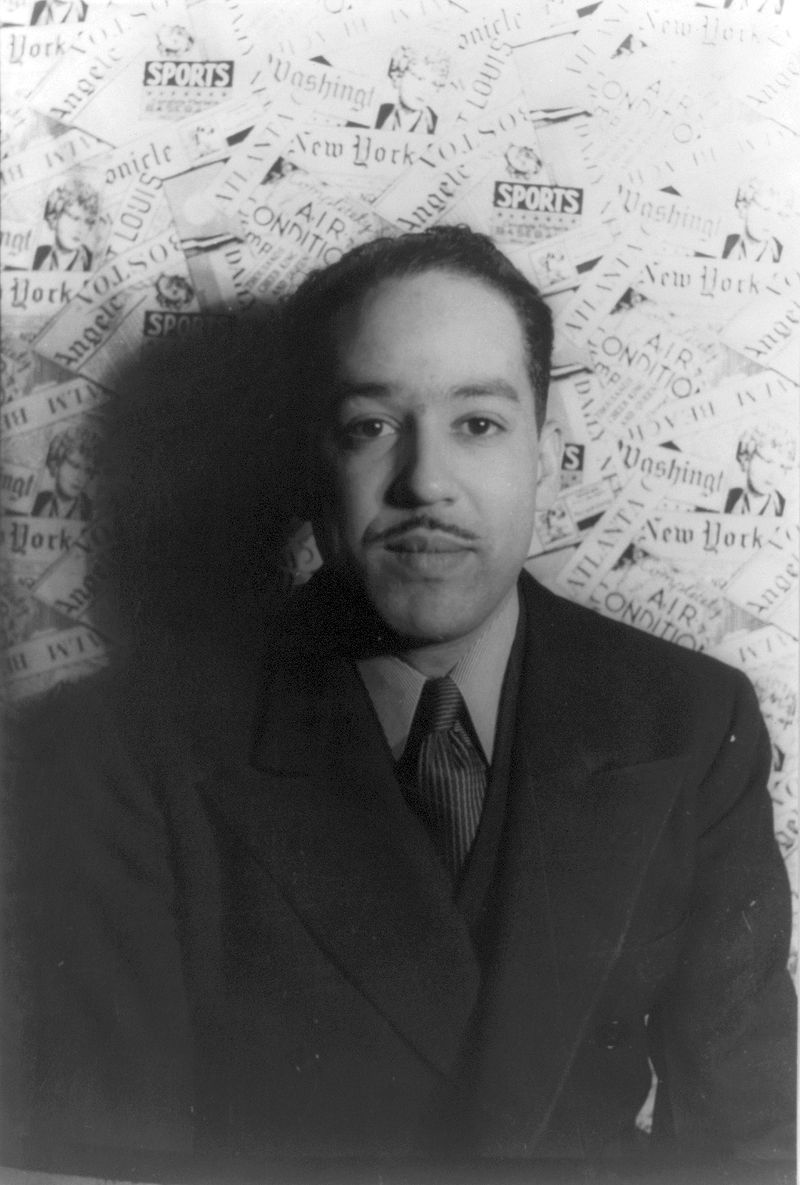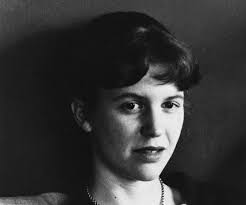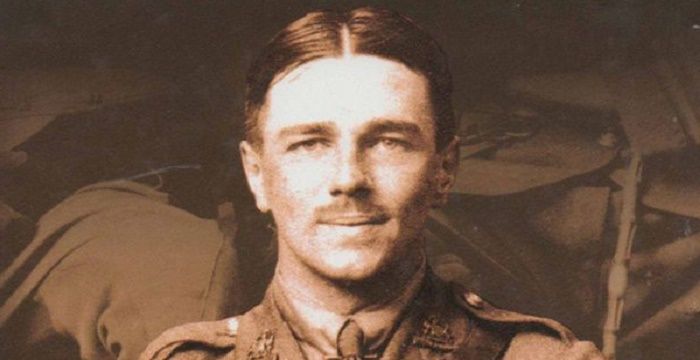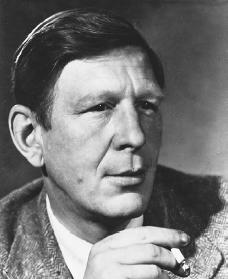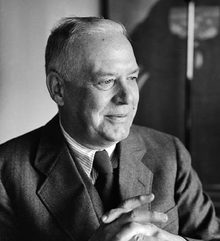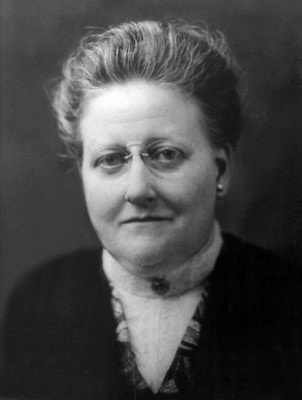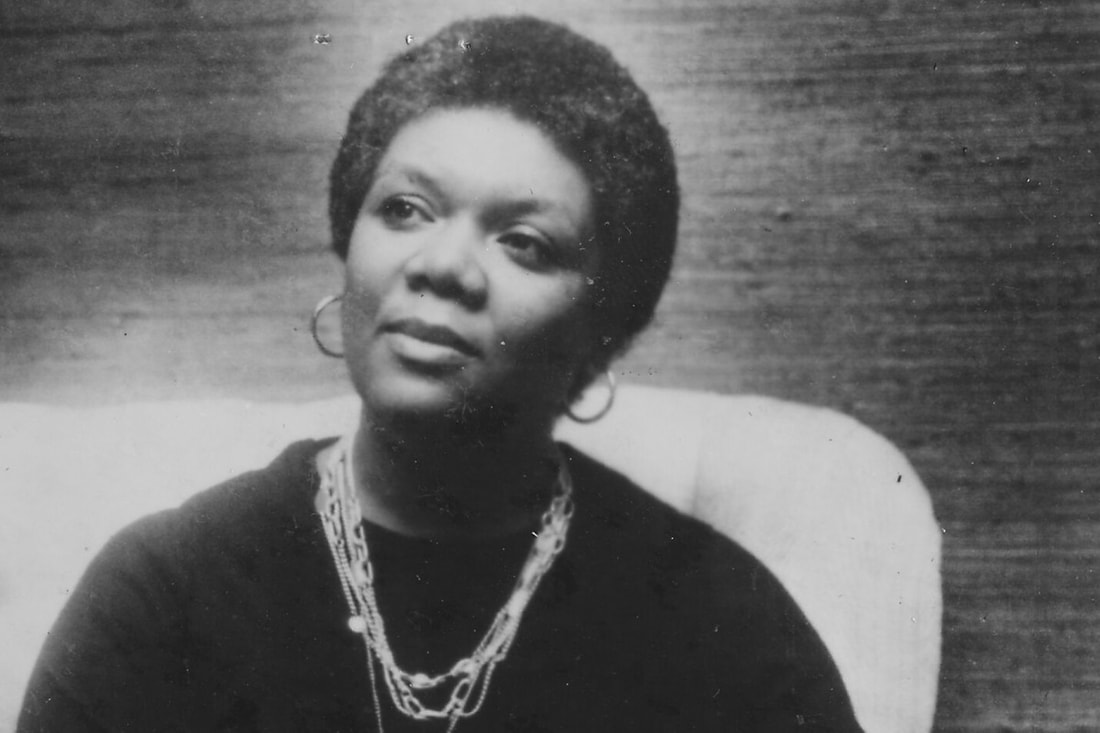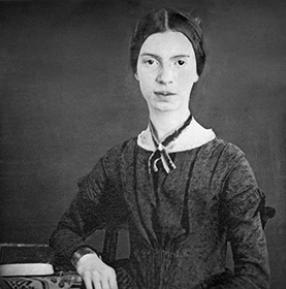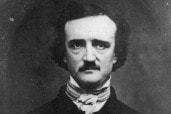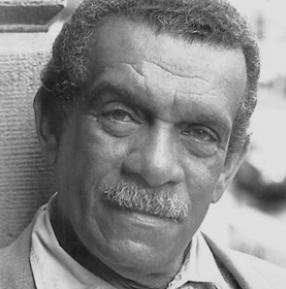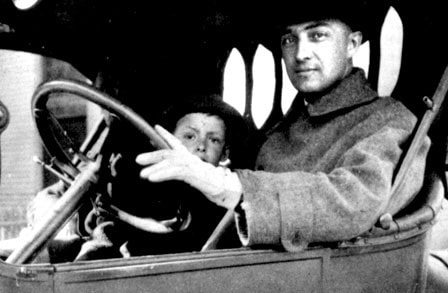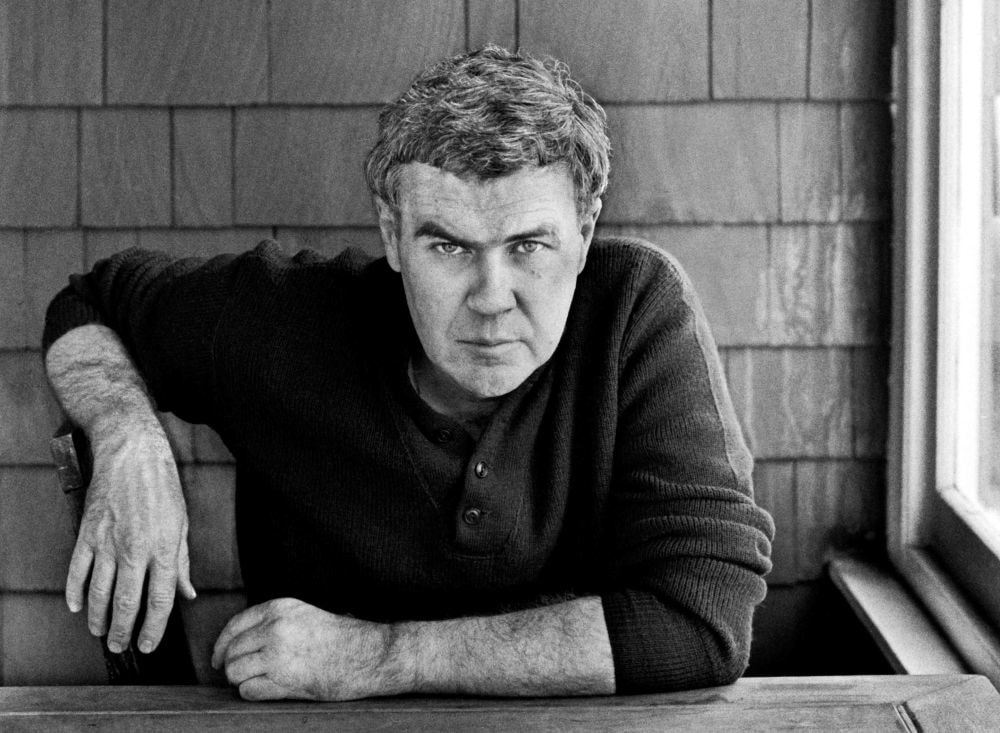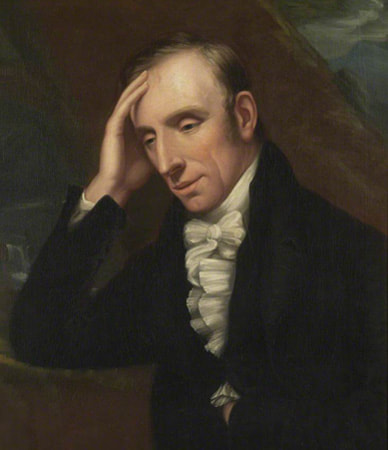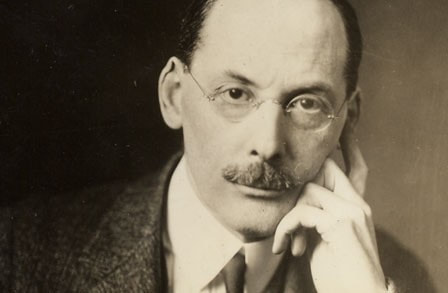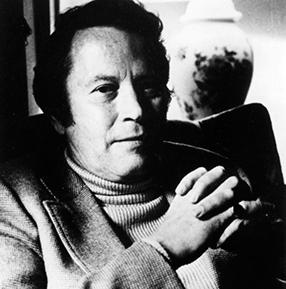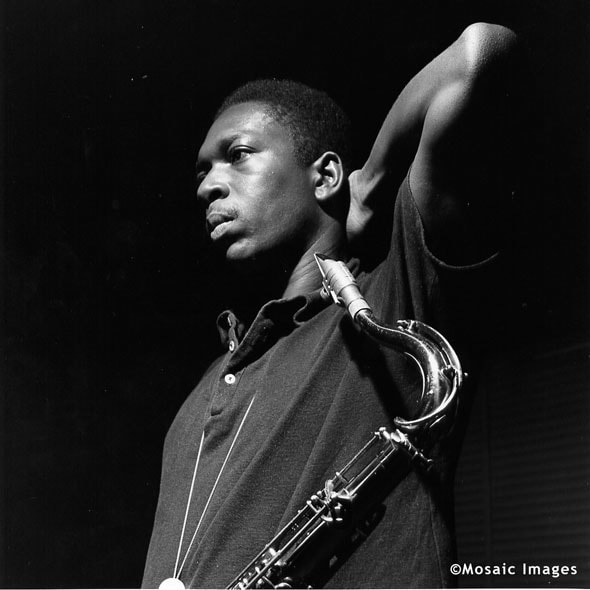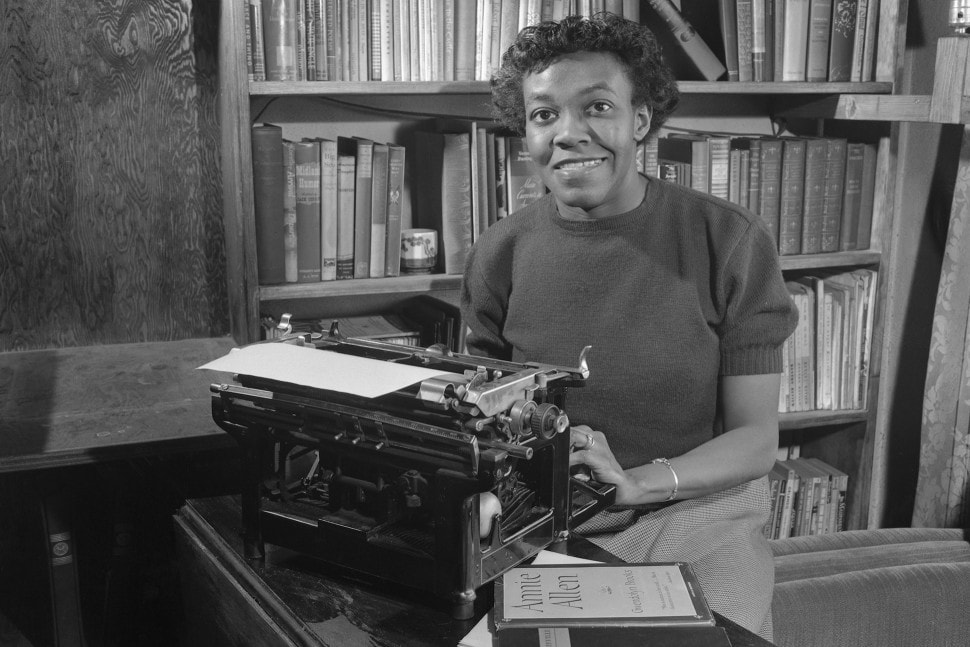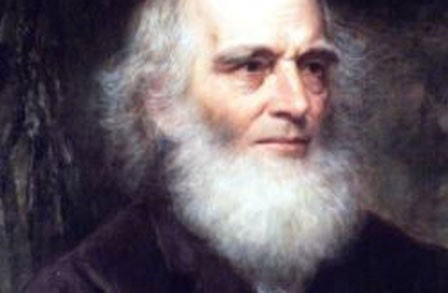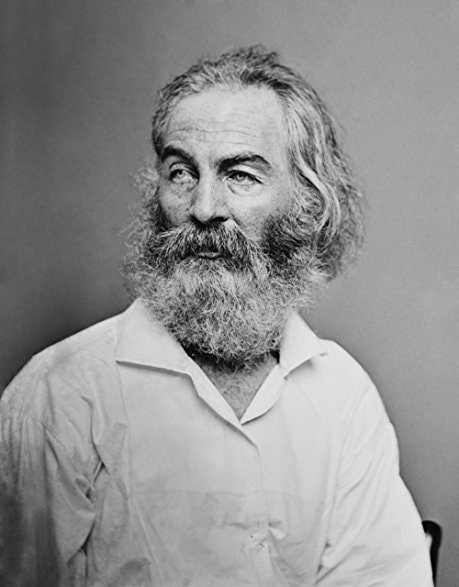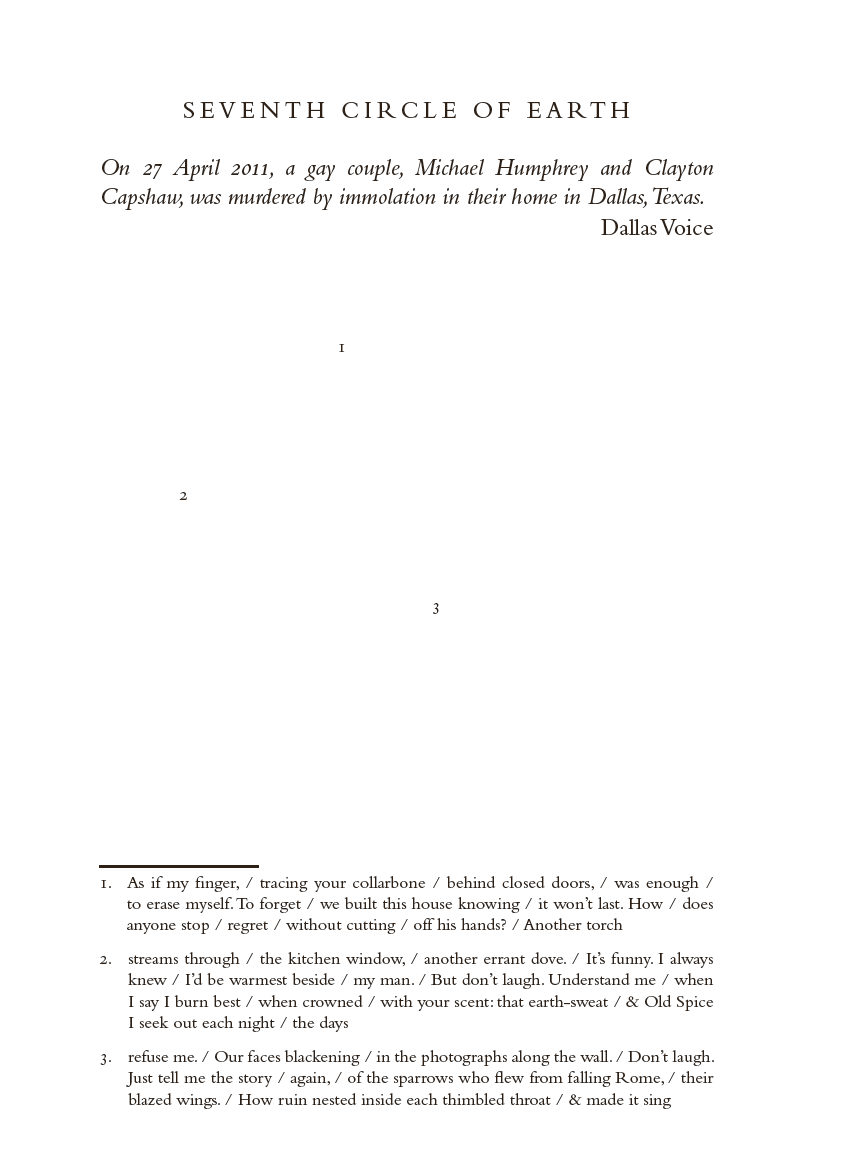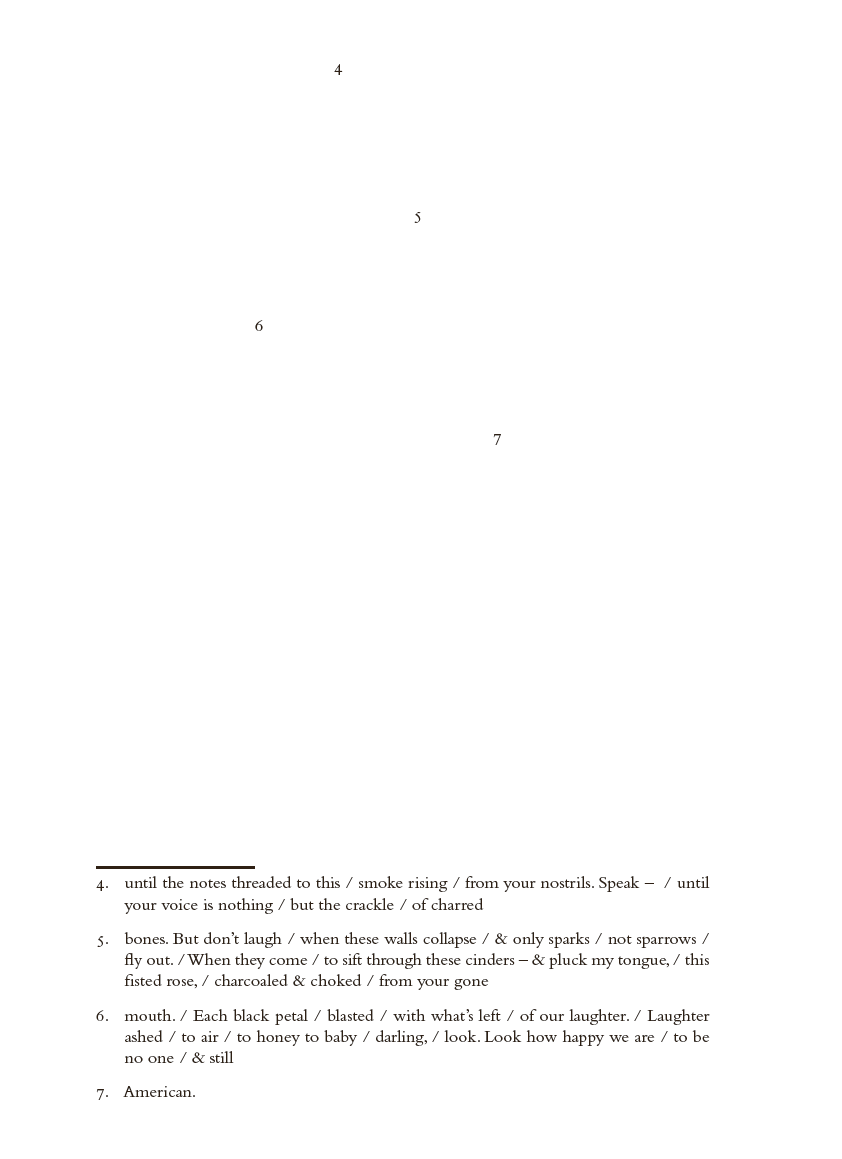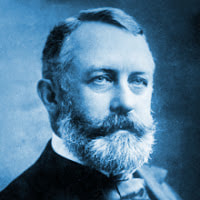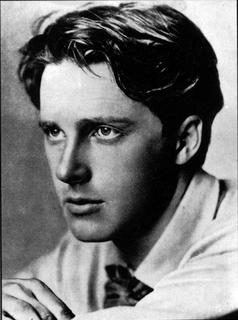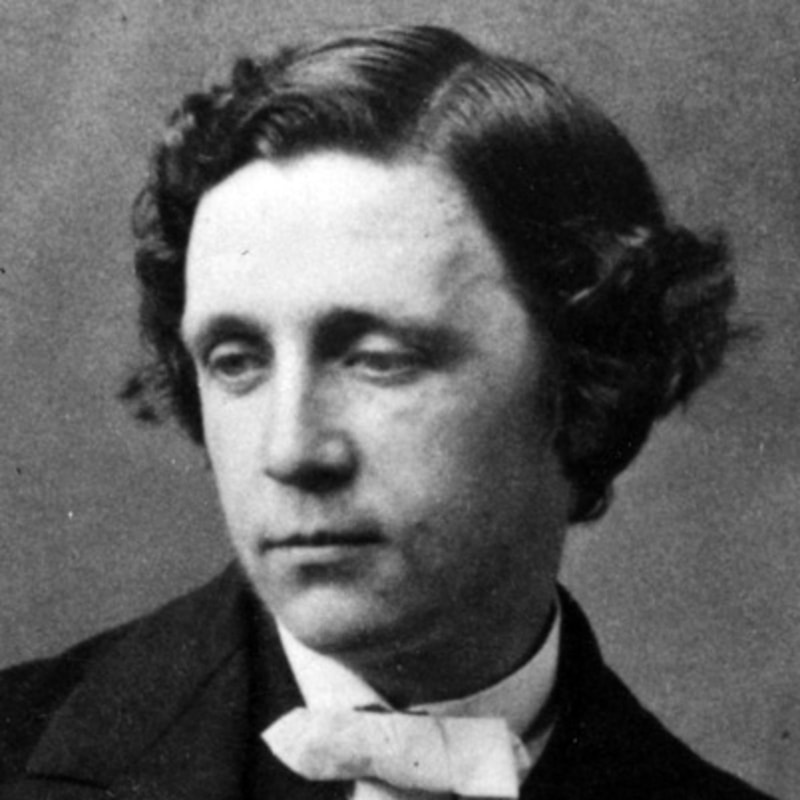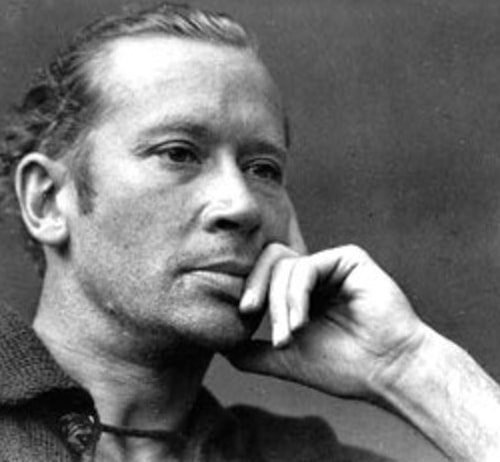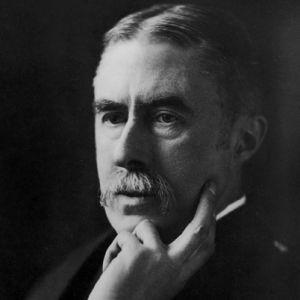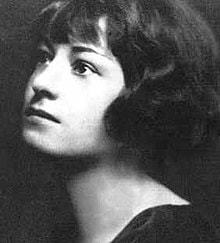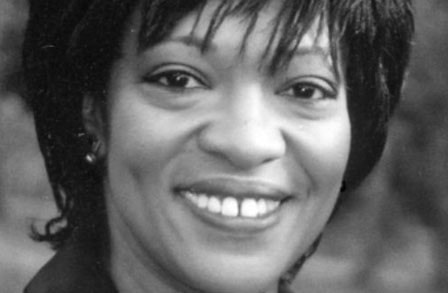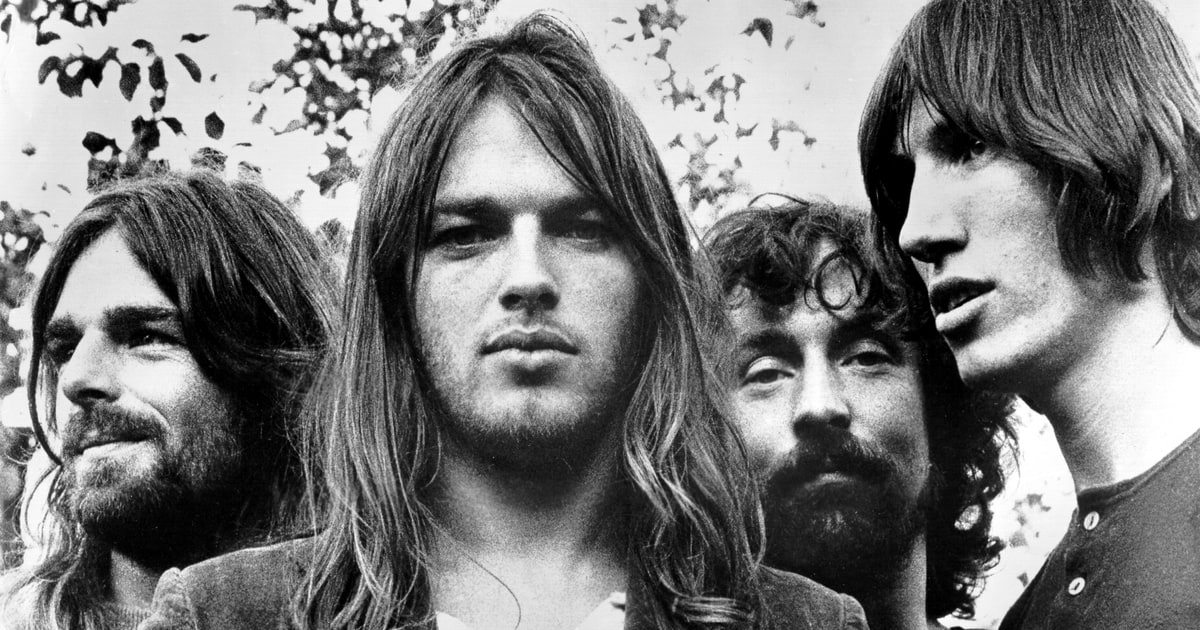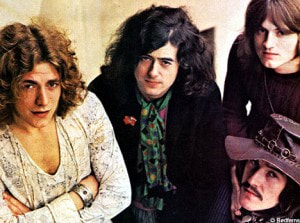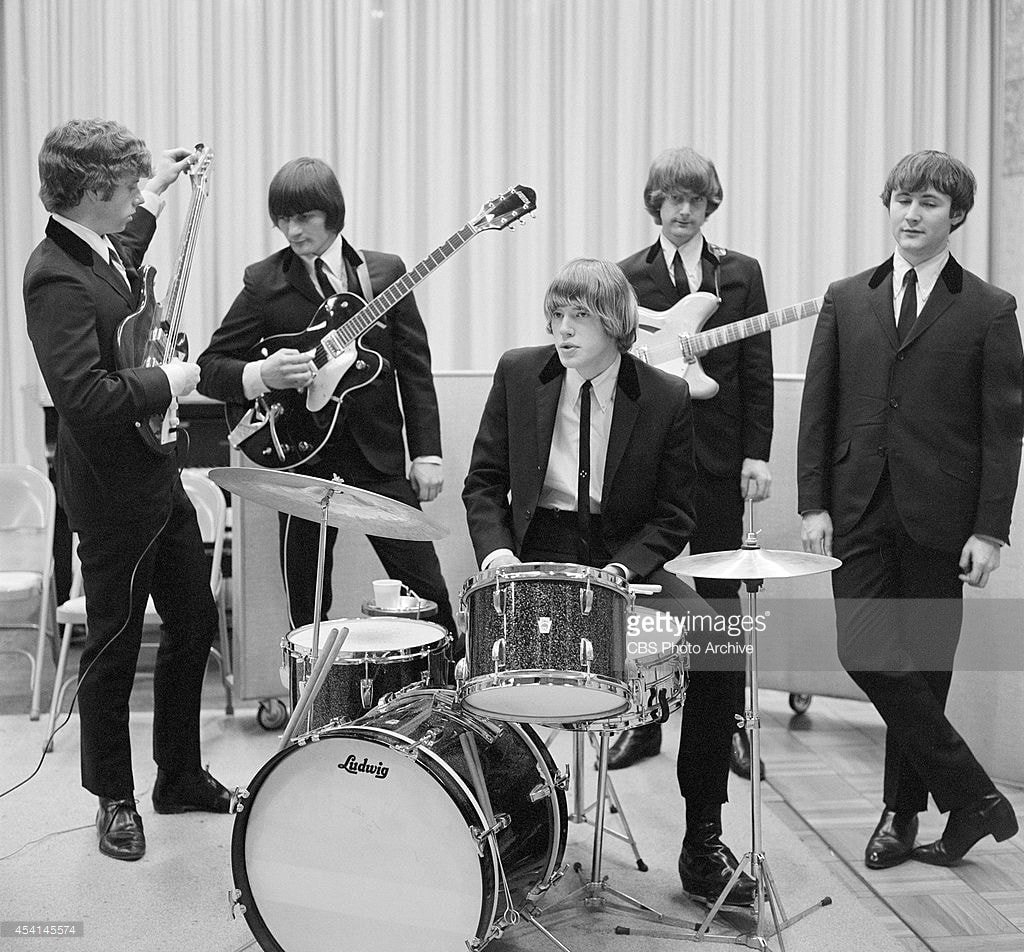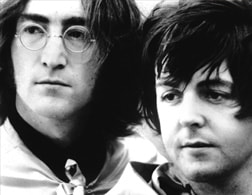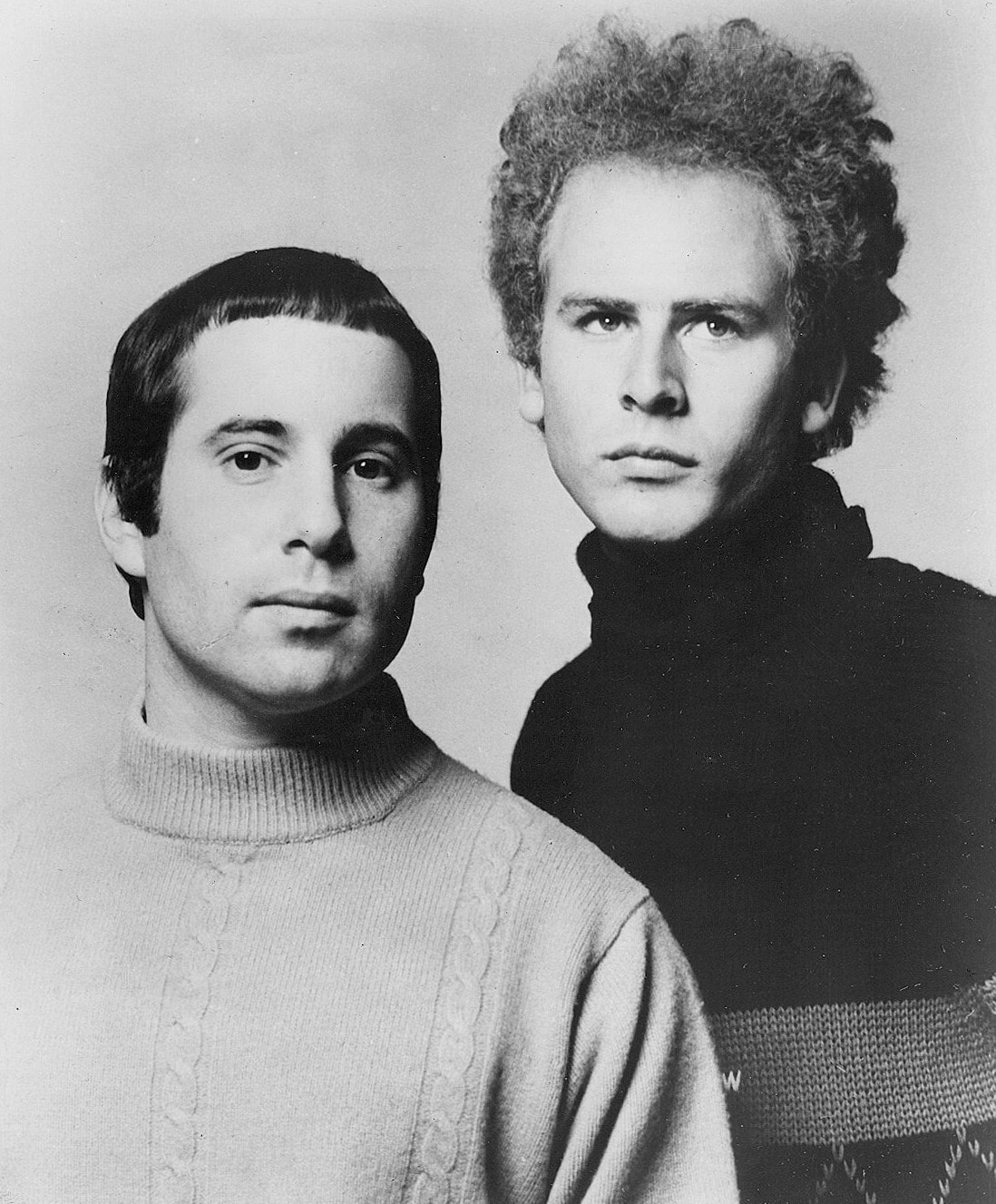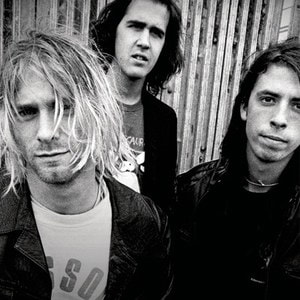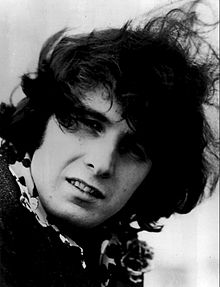"Poetry is what in a poem makes you laugh, cry, prickle, be silent, makes your toe nails twinkle, makes you want to do this or that or nothing, makes you know that you are alone in the unknown world, that your bliss and suffering is forever shared and forever all your own." --Dylan Thomas
|
Vertical Divider
|
"Introduction to Poetry"
|
"Genuine poetry can communicate before it is understood." – T.S. Eliot
|
Vertical Divider
|
"The Love Song of J. Alfred Prufrock"
|
"If I feel physically as if the top of my head were taken off, I know that is poetry." ― Emily Dickinson
|
Vertical Divider
|
"Ode on a Grecian Urn" by John Keats
|
"Poetry is the journal of a sea animal living on land, wanting to fly in the air." ― Carl Sandburg
|
Vertical Divider
|
"Kubla Khan" by Samuel Taylor Coleridge
|
"Poetry is ordinary language raised to the Nth power. Poetry is boned with ideas, nerved and blooded with emotions, all held together by the delicate, tough skin of words." – Paul Engle
|
Vertical Divider
|
"Music of Spheres"
|
"Poetry is an act of peace." – Pablo Neruda
|
Vertical Divider
|
"Birches"
|
"The poet is the priest of the invisible." — Wallace Stevens
"Poets are the unacknowledged legislators of the world." – Percy Byshe Shelley
|
Vertical Divider
|
Sonnet 19: "When I consider how my light is spent"
|
"Poetry is an echo, asking a shadow to dance." – Carl Sandburg
|
Vertical Divider
|
"Digging"
|
"A poet’s work is to name the unnameable, to point at frauds, to take sides, start arguments, shape the world, and stop it going to sleep." – Salman Rushdie
|
Vertical Divider
|
"Ozymandias"
|
"To be a poet is a condition, not a profession." – Robert Frost
"A Vietnamese Bidding Farewell to the Remains of an American"
|
"Poetry is nearer to vital truth than history." – Leonardo da Vinci
|
Vertical Divider
|
"A Piece of Sky Without Bombs"
|
"We make out of the quarrel with others, rhetoric, but of the quarrel with ourselves, poetry." – William Butler Yeats
|
Vertical Divider
|
"Nonattachment"
|
"Poetry is like a bird, it ignores all frontiers." – Yevgeny Yevtushenko
"I think that were beginning to remember that the first poets didn’t come out of a classroom, that poetry began when somebody walked off of a savanna or out of a cave and looked up at the sky with wonder and said, “Ahhh.” That was the first poem." – Lucille Clifton
|
Vertical Divider
|
"Moths"
|
"But all art is sensual and poetry particularly so. It is directly, that is, of the senses, and since the senses do not exist without an object for their employment all art is necessarily objective. It doesn’t declaim or explain, it presents." – William Carlos Williams
|
Vertical Divider
|
"Walking Around"
|
"All poets, all writers are political. They either maintain the status quo, or they say, ’Something’s wrong, let’s change it for the better.’" – Sonia Sanchez
|
Vertical Divider
|
Sonnet XVIII
|
"My role in society, or any artist or poet’s role, is to try and express what we all feel. Not to tell people how to feel. Not as a preacher, not as a leader, but as a reflection of us all." – John Lennon
|
Vertical Divider
|
"Shall I Compare Thee To A Summer’s Day?"
|
"A poet is, before anything else, a person who is passionately in love with language." ― W.H. Auden
|
Vertical Divider
|
""The Negro Speaks Of Rivers"
|
"Pure mathematics is, in its way, the poetry of logical ideas." --Albert Einstein
|
Vertical Divider
|
"Daddy"
|
"I wish our clever young poets would remember my homely definitions of prose and poetry; that is prose; words in their best order; - poetry; the best words in the best order." --Samuel Taylor Coleridge
|
Vertical Divider
|
"Dulce et Decorum Est"
|
"Poetry is not a turning loose of emotion, but an escape from emotion; it is not the expression of personality, but an escape from personality. But, of course, only those who have personality and emotions know what it means to want to escape from these things." --T. S. Eliot
|
Vertical Divider
|
"You fit into me"
|
"I think a poet is anybody who wouldn't call himself a poet." --Bob Dylan
|
Vertical Divider
|
"If I Could Tell You"
|
"Poetry is the spontaneous overflow of powerful feelings: it takes its origin from emotion recollected in tranquility." --William Wordsworth
|
Vertical Divider
|
|
|
Vertical Divider
|
"Circumstance"
|
"Poetry, even when apparently most fantastic, is always a revolt against artifice, a revolt, in a sense, against actuality." --James Joyce
|
|
"won’t you celebrate with me"
|
"I saw the gooseflesh on my skin. I did not know what made it. I was not cold. Had a ghost passed over? No, it was the poetry." --Sylvia Plath
"Poetry is a deal of joy and pain and wonder, with a dash of the dictionary." --Khalil Gibran
|
Vertical Divider
|
"Annabel Lee"
|
"Even when poetry has a meaning, as it usually has, it may be inadvisable to draw it out... Perfect understanding will sometimes almost extinguish pleasure." --A. E. Housman
|
Vertical Divider
|
"A Far Cry from Africa"
|
"Poetry is above all a concentration of the power of language, which is the power of our ultimate relationship to everything in the universe." --Adrienne Rich
|
Vertical Divider
|
"The Red Wheelbarrow"
|
"When power leads man towards arrogance, poetry reminds him of his limitations. When power narrows the area of man's concern, poetry reminds him of the richness and diversity of existence. When power corrupts, poetry cleanses." --John F. Kennedy
|
Vertical Divider
|
"Late Fragment"
|
"Poetry is everywhere; it just needs editing." – James Tate
|
Vertical Divider
|
"Lines Composed a Few Miles above Tintern Abbey, On Revisiting the Banks of the Wye during a Tour. July 13, 1798"
|
"I have written some poetry that I don't understand myself." --Carl Sandburg
|
Vertical Divider
|
"The Death of the Ball Turret Gunner "
|
"There is not a particle of life which does not bear poetry within it." --Gustave Flaubert
|
Vertical Divider
|
"In Praise of Self-Deprecation"
|
"Poetry is just the evidence of life. If your life is burning well, poetry is just the ash." --Leonard Cohen
|
Vertical Divider
|
"Richard Cory"
|
"Poetry is nearer to vital truth than history." --Plato
|
Vertical Divider
|
"A Simile for Her Smile"
|
"Poetry is a packsack of invisible keepsakes." --Carl Sandburg
"To see the Summer Sky
Is Poetry, though never in a Book it lie –
True Poems flee –"
~Emily Dickinson
|
Vertical Divider
|
"We Real Cool"
|
"You will not find poetry anywhere unless you bring some of it with you." --Joseph Joubert
|
Vertical Divider
|
"Thanatopsis "
|
"Poetry is man's rebellion against being what he is." --James Branch Cabell
|
Vertical Divider
|
"I Hear America Singing"
|
"Poetry heals the wounds inflicted by reason." --Novalis
|
Vertical Divider
|
""Aubade with Burning City"
|
"Homer has taught all other poets the art of telling lies skillfully." --Aristotle
|
Vertical Divider
|
"Invictus"
|
"Poetry implies the whole truth, philosophy expresses only a particle of it." --Henry David Thoreau
|
Vertical Divider
|
"The Second Coming"
|
"The only problem
with Haiku is that you just
get started and then"
~Roger McGough
|
Vertical Divider
|
"Jabberwocky"
|
"Poetry is life distilled." --Gwendolyn Brooks
|
Vertical Divider
|
[anyone lived in a pretty how town]
|
"Poetry is a perfectly reasonable means of overcoming chaos." --I.A. Richards
|
Vertical Divider
|
"The Journey"
|
|
Vertical Divider
|
"When I Was One-and-Twenty"
|
"A poem should not mean
But be."
--Archibald MacLeish
|
Vertical Divider
|
"Resumé"
|
"The true poem is the poet's mind." --Ralph Waldo Emerson
|
Vertical Divider
|
|
"The world is never the same once a good poem has been added to it." --Dylan Thomas
|
Vertical Divider
|
"Wish You Were Here"
|
"A poet must leave traces of his passage, not proof." --Rene Char
|
Vertical Divider
|
"Shelter from the Storm"
|
"Poetry is the synthesis of hyacinths and biscuits." --Carl Sandburg
|
Vertical Divider
|
"Born in the U.S.A"
|
"Poetry is language at its most distilled and most powerful." --Rita Dove
|
Vertical Divider
|
"Limelight"
|
"Poets utter great and wise things which they do not themselves understand." --Plato
|
Vertical Divider
|
"Stairway to Heaven"
|
"To have great poets there must be great audiences too." --Walt Whitman
|
Vertical Divider
|
"Turn! Turn! Turn!"
|
“Music was my refuge. I could crawl into the space between the notes and curl my back to loneliness.”
--Maya Angelou
|
Vertical Divider
|
"A Day in the Life"
|
“Where words leave off, music begins.” ―Heinrich Heine
|
Vertical Divider
|
"Bridge Over Troubled Water"
|
|
Vertical Divider
|
"Same Old Lang Syne"
|
|
Vertical Divider
|
"The Man Who Sold the World"
|
|
Vertical Divider
|
"Frances Farmer Will Have Her Revenge on Seattle"
|
|
Vertical Divider
|
"American Pie"
|
|
Vertical Divider
|
"Both Sides Now"
|
|
Vertical Divider
|
"That's the Way I've Always Heard It Should Be"
|

